Introduction – The Rise of the Cast Iron Dutch Oven
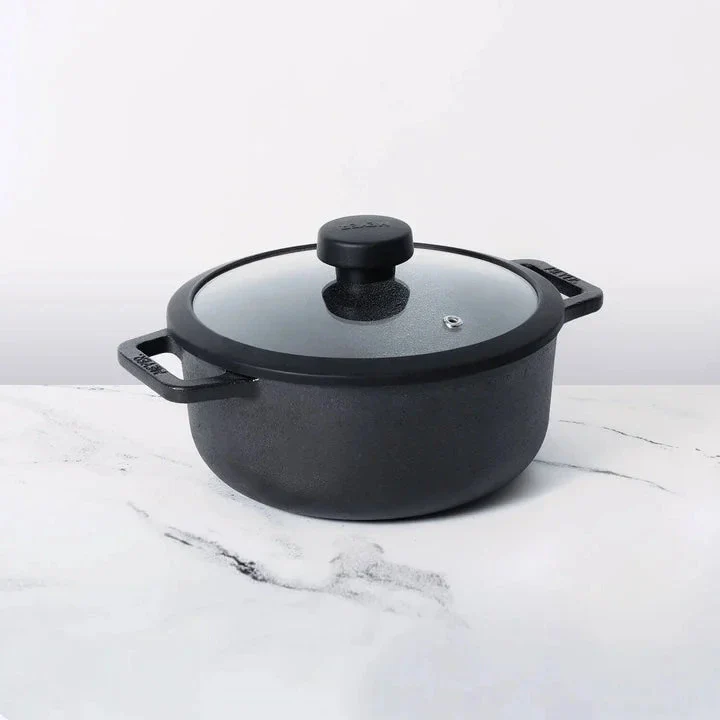
Cast Iron Dutch Oven If your feed is filled with steaming loaves of sourdough, slow-cooked stews, and kitchen aesthetics to die for, chances are you’ve seen the cast iron Dutch oven making waves online. From home bakers to celebrity chefs, everyone seems to be falling in love with this timeless cooking tool. traditional kitchen cookware India.
But what’s behind this viral trend? Is it just for the ‘gram, or does this kitchen heavyweight bring real value to your cooking game? Spoiler alert: it’s the latter. Let’s explore why the cast iron Dutch oven is more than just a trend—it’s a culinary revolution.
What Is a Cast Iron Dutch Oven?
Definition and History
A Dutch oven is a thick-walled pot with a tight-fitting lid, traditionally made of cast iron. Its origins trace back centuries, and it has long been favored for its ability to cook food evenly, retain heat, and withstand high temperatures. buy cast iron cookware online India.
Design Features and Components
Available with or without enamel coating for different cooking preferences
Heavy cast iron body for exceptional heat retention
Tight-fitting lid to lock in moisture and flavor
Looped handles for easy transfer from stovetop to oven
The Unique Benefits of Cooking with Cast Iron Dutch Oven
Even Heating and Heat Retention
Cast iron Dutch ovens are known for their ability to distribute heat evenly across the pot and maintain a steady temperature. This is a game-changer for dishes that require slow, consistent cooking—think braised lamb shanks, thick soups, or freshly baked artisan bread.
Versatility in Recipes
From stovetop to oven and even campfires, cast iron Dutch ovens are as flexible as they are reliable. You can sauté, simmer, braise, bake, fry, and even roast—all in a single pot. Fewer dishes, more depth of flavor.
Ideal Dishes to Make in a Cast Iron Dutch Oven
- No-knead artisan bread with a crispy crust
- Beef bourguignon slow-simmered for rich flavor
- Chicken biryani layered and cooked to perfection
- Chili or stew that tastes better with each hour
- Whole roast chicken with golden, crispy skin
The Dutch oven’s ability to lock in moisture and deepen flavor makes it ideal for dishes across many cuisines—Indian, French, Mediterranean, American, and more.
Health Advantages of Cast Iron Cooking
Iron Fortification
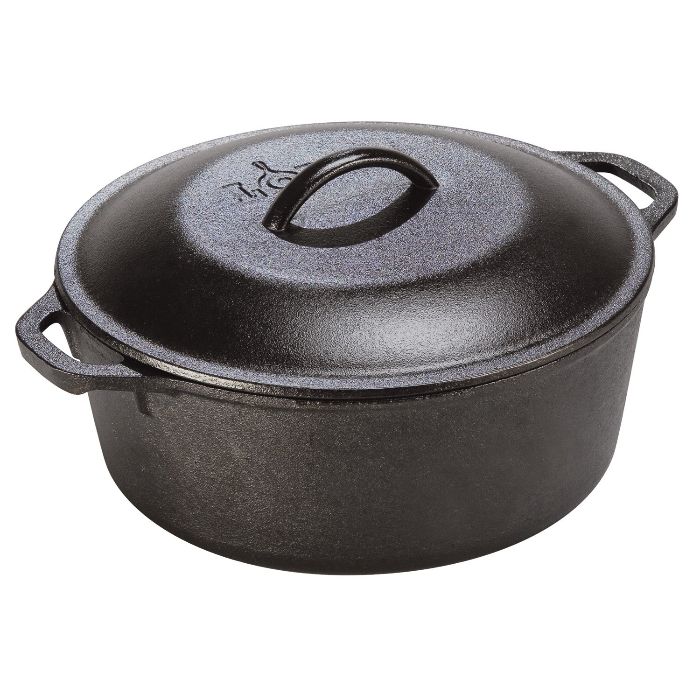
A lesser-known fact—cooking in uncoated cast iron can boost the iron content in your food. This is especially useful for vegetarians or individuals with iron deficiencies.
Chemical-Free Alternative to Non-Stick
Unlike Teflon or other coated pans, cast iron is naturally non-stick when seasoned properly. No synthetic chemicals, no flaking, no worries.
Enamel-Coated vs Bare Cast Iron Dutch Oven
Differences, Pros, and Ideal Uses
- Enamel-Coated: Easier to clean, doesn’t require seasoning, great for acidic foods (like tomato sauces)
- Bare Cast Iron: Must be seasoned, excels in high-heat cooking, adds a bit of dietary iron
Both types are excellent, and the best choice depends on your cooking habits and how much maintenance you’re comfortable with.
Tips for First-Time Users
Seasoning, Cleaning, and Care
- Seasoning (bare cast iron only): Coat with oil and bake it at high heat for an hour. This creates a natural non-stick layer.
- Cleaning: Use warm water and a stiff brush. Avoid soap if uncoated.
- Storage: Keep it dry and lightly oiled to prevent rust.
Common Mistakes to Avoid
- Never soak a Dutch oven overnight
- Don’t use metal utensils on enamel coating
- Avoid sudden temperature changes (cold water on hot pan = crack)
Longevity and Durability of Dutch Ovens
Generational Kitchen Heirlooms
A high-quality cast iron Dutch oven, when cared for properly, can last for decades—and many are passed down as family heirlooms.
Resistant to Wear and Tear
Unlike many modern pots that degrade over time, Dutch ovens withstand everyday use and abuse. You can even take them camping!
Cast Iron Dutch Oven in Modern Kitchens
Aesthetic Appeal and Utility
Their sleek curves and deep colors (especially enamel-coated ones) make Dutch ovens attractive centerpieces for modern kitchens. Brands now offer them in stylish colors like navy, cream, emerald, and matte black.
Storage and Everyday Use
Though heavier, they replace several pots and pans—cutting down on clutter and making meal prep more streamlined.
Sustainable Cooking with Cast Iron
Eco-Friendly and Plastic-Free
No synthetic coatings, no plastic handles—just pure iron. It’s a simple, planet-friendly cooking tool that stands the test of time.
Energy Efficiency in Cooking
Because cast iron retains heat so well, you can cook on lower flames, saving gas or electricity. It’s ideal for low-and-slow recipes that use less energy.
Best Brands and Models to Buy
Trusted Names
- Lodge – Affordable, American-made, great quality
- Staub – Premium French brand, enamel-coated, stylish and durable
- Le Creuset – Luxury, iconic design, lifetime warranty
- Crock Pot Cast Iron – Budget-friendly and effective
Budget to Premium Picks
You’ll find options from ₹2,000 for a basic model to ₹25,000+ for a luxury Le Creuset. Choose based on your needs, frequency of use, and kitchen style.
Where to Buy a Quality Cast Iron Dutch Oven
Online Stores and Specialty Shops
- Amazon India / Amazon Global
- Williams Sonoma
- Le Creuset Boutiques
- Tredy Foods / Zishta (for Indian traditional cookware)
What to Look for Before You Buy
- Heavy weight and thick walls
- Lid that seals tightly
- Brand reputation and customer reviews
- Enamel finish (if desired)
Cast Iron Dutch Oven as a Gift Idea
Perfect for Weddings and Foodies
These pots make incredible gifts for:
- Wedding registries
- Culinary students
- Home cooks upgrading their kitchens
- Holiday celebrations
Customization and Gifting Tips
Engraved lids or initials, paired with recipe cards or artisan bread mixes, make it a memorable and functional gift.
FAQs About Cast Iron Dutch Ovens
Q1: Can I use a Dutch oven on an induction stove?
Yes, cast iron is compatible with all stovetops including induction.
Q2: What size should I get?
For families, 5.5–7 quarts is ideal. Smaller 3–4 quart ovens are great for singles or couples.
Q3: Are enamel-coated Dutch ovens dishwasher-safe?
Most are, but hand-washing is always better to preserve the finish.
Q4: How do I get rid of food stains on enamel?
Use baking soda paste or vinegar soaks for gentle cleaning.
Q5: Is it worth the investment?
Absolutely. With proper care, your Dutch oven could last a lifetime—and then some.
Q6: What’s the best way to store it?
Store with the lid slightly ajar to avoid moisture buildup. Keep it in a dry cabinet or on your stovetop for easy access.
Conclusion – Embrace the Cast Iron Comeback
The cast iron Dutch oven is more than a kitchen trend—it’s a culinary powerhouse that brings flavor, tradition, and style to your meals. From viral recipes to age-old classics, there’s almost nothing it can’t do. Whether you’re a seasoned chef or an enthusiastic home cook, this iconic pot is one investment you’ll never regret.
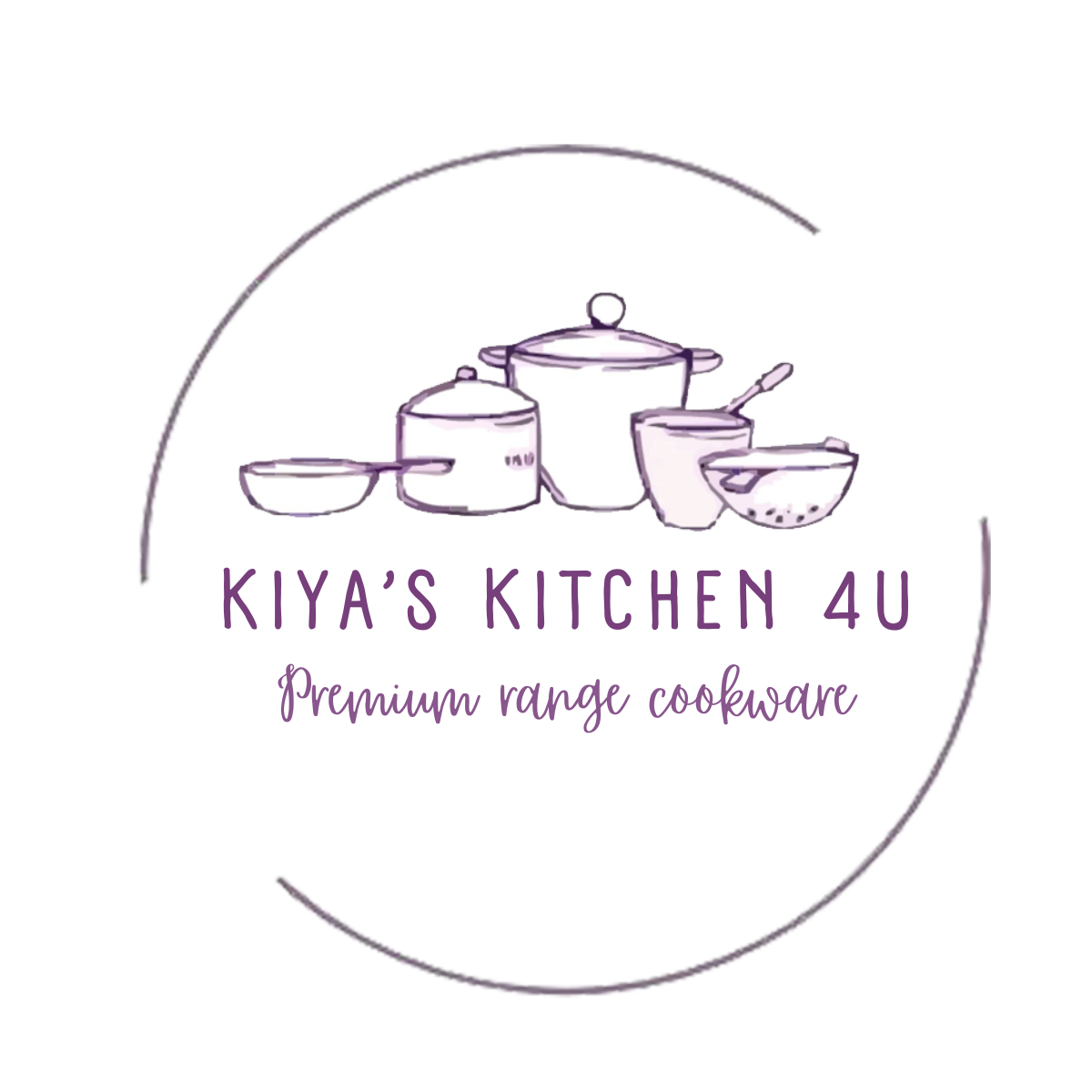

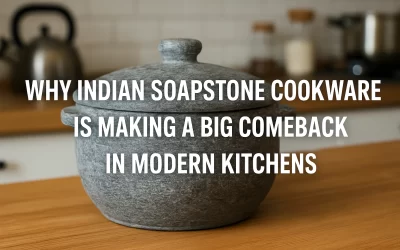
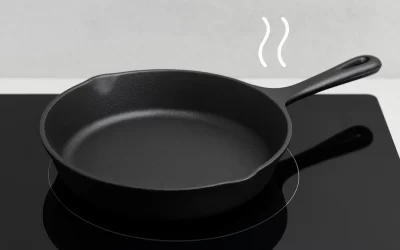
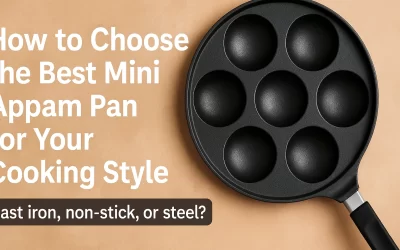
0 Comments